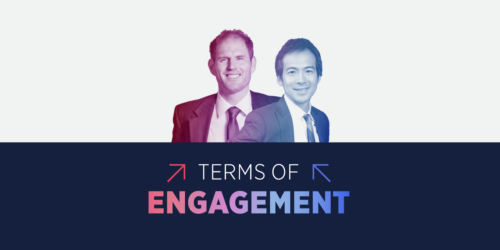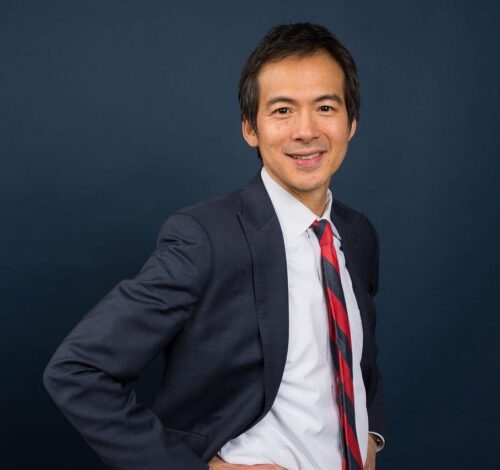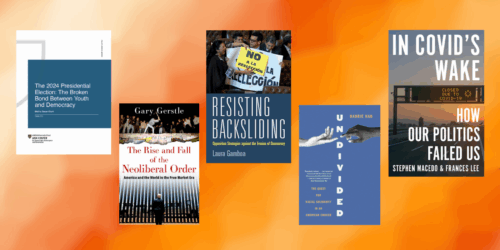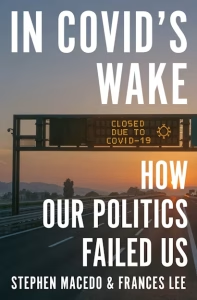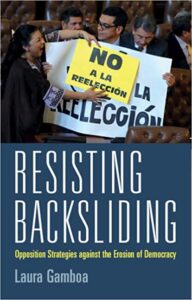As summer unfolds, the Reimagining Democracy team invites you to engage with a curated selection of thought-provoking books and research that reflect the values and challenges of democracy in our time.
Stephen Macedo and Frances Lee
Macedo and Lee are politics scholars at Princeton University. In this provocative book, they argue that Americans, their leaders, and our political institutions didn’t do very well in handing the COVID-19 pandemic. The most striking parts of the book for me have to do with how many of us in Blue cities and states were really confident that we were “following the science” and that people who disagreed with us were callous or stupid. It turns out that we were flat wrong on many questions and decisions about COVID. Their book reminds me that we all could use a dose of humility and we need to walk the talk of inclusive deliberation and democracy.
-Archon Fung
Laura Gamboa
The lion’s share of scholarship on “democratic backsliding” and authoritarian government looks at how political systems and societies lose their democratic institutions, norms, and practices. By contrast, Gamboa’s book examines different strategies that opposition politicians and movements pursue to oppose authoritarians. She offers a clear framework for what is more and less likely to work for those who seek to defend democracy when it is in trouble. No doubt scholars and activists will find much to contest in her work, but she sets the table well and very helpfully.
-Archon Fung
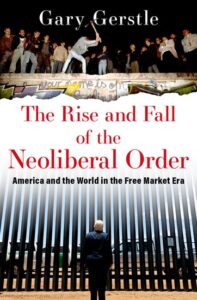
Gary Gerstle
In this follow up to his 1990 Rise and Fall of the New Deal Order, Gerstle’s book reminded me that at any particular time, the arguments between the left and the right in American politics occupy a tiny portion of the full spectrum of what is possible and very likely what is desirable. The Neoliberal Order governed America from the mid 1970s until the 2010s. What makes this period an “order” is the agreement – especially between Republicans and Democrats – on what society should look like and policies should be. If a signal moment of the New Deal order was Eisenhower’s (a Republican) endorsement of the policy basics that Roosevelt created, a watershed in the birth of neoliberalism was Bill Clinton’s (a Democrat) acceptance of the main tenants of Reaganism: free markets, deregulation, globalization, reduced social benefits.
Donald Trump has likely brought an end to the Neoliberal Order. Gerstle’s book puts the most important question squarely in front of us: what will the next political “order” look like? Do we want to try to recreate the neoliberal order, or move on to something that is hopefully better?
-Archon Fung
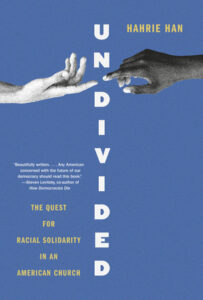
Hahrie Han
I’ve been heavily influenced by Professor Hahrie Han’s work for years. In her most recent book, Undivided, Hahrie Han provided me with my new mantra: “belonging before belief.” Organizations need to provide people with a sense of belonging first rather than start with a belief system that the individual may or may not currently buy into. Using an evangelical church in Ohio as her case study, Professor Han highlights the importance of creating spaces where people can wrestle with differences while building relationships rooted in trust and shared purpose.
-Tova Wang
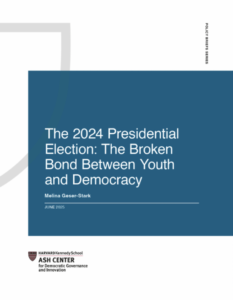
Melina Geser-Stark
Since the 2024 election there has been endless discussion of the apparent rightward shift of GenZ, which had been thought to be more liberal than other age cohorts. But rather than jumping to the conclusion that this is a triumph of the far Right, Geser-Stark persuasively argues that it is more an expression of deep disaffection from the democratic system and disillusionment with the status quo and every leader who has gotten us to the present state. She demonstrates this with a variety of polling data, and most interestingly points out that this phenomenon is happening in other countries as well. The difference is that in these European multi-party systems, GenZ has been voting for the far left as often as the far right, bolstering her argument that it is a rejection of the establishment more than a shift to the Right. I find this paper even more interesting in the wake of the victory of Mamdani in the recent NYC primary, a Democratic Socialist who was swept to his win by new young voters.
-Tova Wang
